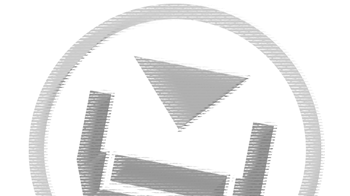Re-Evaluating the Question, “What Would I Replace”
Recently I read the suggestion that while decluttering, one should ask oneself the question, “Suppose I lost this possession tomorrow in a fire along with everything else that I own. Would I replace it, or not?” The thinking here is simple enough. If you would answer, “Yes, I would replace this item,” it has measurable […]
Recently I read the suggestion that while decluttering, one should ask oneself the question, “Suppose I lost this possession tomorrow in a fire along with everything else that I own. Would I replace it, or not?”
The thinking here is simple enough. If you would answer, “Yes, I would replace this item,” it has measurable financial value to you, and you should therefore keep it. If for whatever reason you answer this question with “No,” that must mean you do not value the object in a practical way, and should dispense with it.
I would say that for those who are not sentimental, and who value objects principally for instrumental rather than intrinsic reasons, this type of assessment may be quite useful.
The problem is that most people who need to ask themselves questions like these while decluttering are sentimental. Hacks for decluttering like this one are meant to simplify and speed up the process, but they tend to ignore the values and mindset of the person struggling with the task.
Does this mean it shouldn’t be one of the popular decluttering methods recommended? Not at all—but it is important to contextualize a method before you try to use it.
Here are some situations where this technique for decluttering may not apply:
• An object is one-of-a-kind. Obviously there are some objects which you cannot purchase again, because they are either one-of-a-kind, or no longer in production. Asking yourself if you would replace such an item is rather off the point. Indeed, this suggests an alternative question: “Could I replace this item?” If the answer is “no,” you should think long and hard before letting it go. You could regret it forever.
• The item has intrinsic value, i.e. is not replaceable. There are a number of items I possess which could be replaced with duplicate items. Nonetheless, they would not be “the same.” Take a childhood doll which has become a collector’s item. If the doll was lost in a fire, could an equivalent one be located and bought? Sure. Would it be the same doll that was treasured throughout one’s life? No—it would only appear the same. It would not be the same. So would I replace such an item? No, because intrinsically, in a meaningful sense, I could not. But that actually means I shouldn’t let it go.
• You draw value and happiness from a sense of responsibility. Maybe you wouldn’t purchase the same item again, but perhaps it is important for you to care for it. Pets often fall into that category; objects can as well.
• Your means are limited. A low income person might replace little or nothing after a total loss of possessions, both because of financial strain and because of the anxiety of risking such losses again. That doesn’t mean they do not value what they have.
So when deciding what to get rid of while decluttering, you should feel free to ask yourself “What would I replace?” Just be aware the question has huge limitations, and may not always guide you fittingly in all circumstances.


Comments are closed.